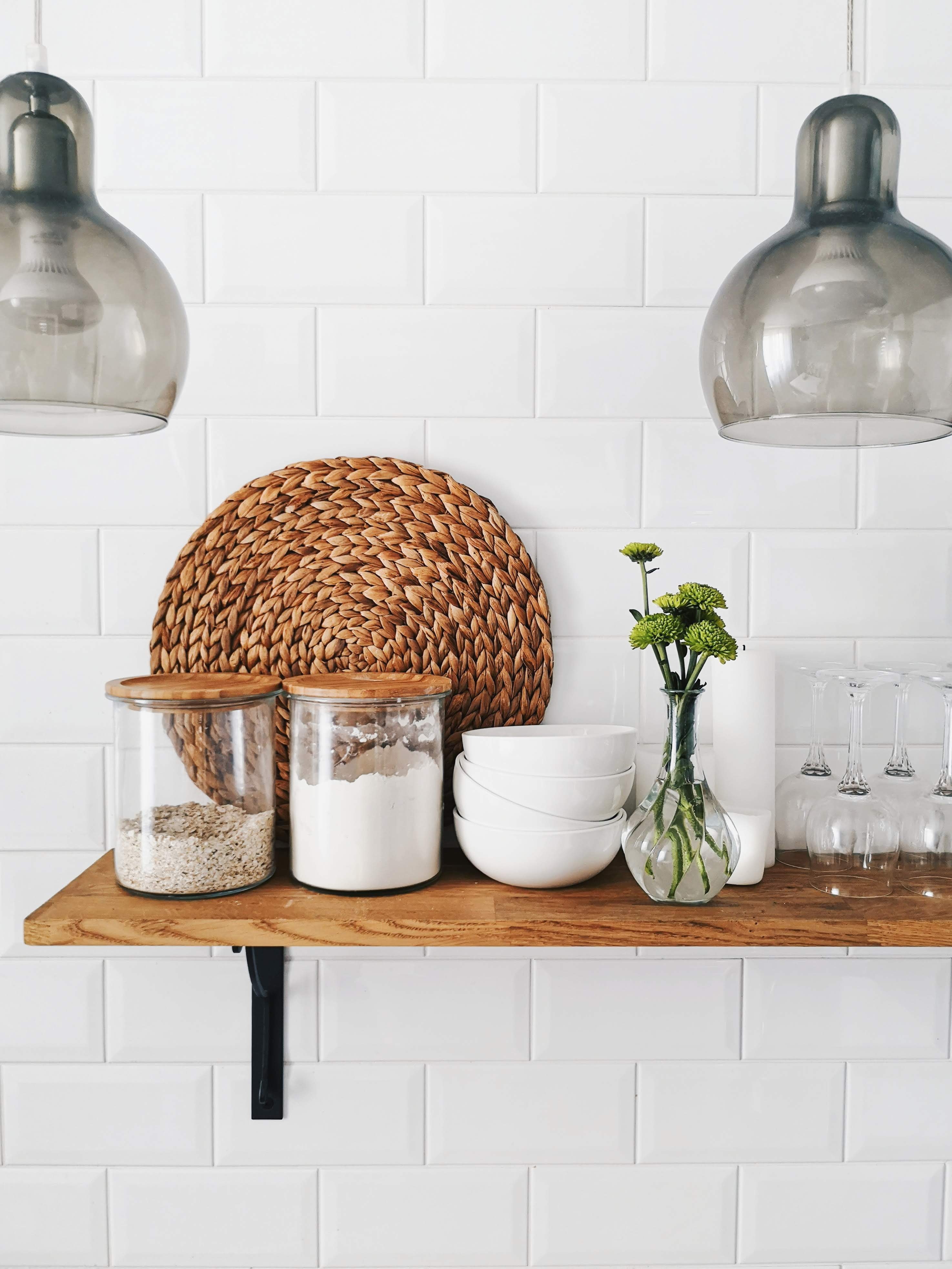Knowing the factors that influence your home’s value can empower you to make informed decisions and optimize your property’s worth. Here’s a comprehensive breakdown:
Neighborhood Dynamics: A home is more than just a structure; it’s part of a community. Factors like crime rates, school quality, and local amenities can significantly influence your property’s desirability and value.
Geographical Impact: Believe it or not, the specific location within a city or town can affect value. Prestigious postal codes or proximity to essential facilities like hospitals and business districts often command higher prices.
Economic Indicators: Mortgage rates and overall economic health play a pivotal role. Higher mortgage rates can deter buyers, potentially driving down demand and, consequently, property values.
Environmental Concerns: Homes in areas prone to natural disasters, such as floods or wildfires, may face challenges in valuation due to associated risks and insurance implications.
Community Trends: A surge in foreclosures or a decline in local businesses can signal distress in a neighborhood, affecting property values. Conversely, revitalization projects or community initiatives can boost them.
Curb Appeal: First impressions matter! Enhancing your home’s exterior aesthetics through landscaping or fresh paint can attract more buyers.
Maintenance: Regular upkeep prevents minor issues from becoming deal-breakers during inspections.
Interior Design: Modern, functional kitchens and bathrooms often top buyers’ wish lists. Updates in these areas can offer a solid return on investment.
Need a step-by-step guide on home selling? Let’s connect! Better than a PDF guide, I will actually answer your questions with personalized information!

